Gethyn Williams: “We are often asked as leaders in third sector organizations to do a lot with a very little resources”
Gethyn Williams, director of Development and engagement of Contact, talks about the leadership and entrepreneurial competences in the third sector organizations.
Gethyn Williams is one of the Third Sector leaders involved in the Eu3Leaders project. The project is an Erasmus+ financed project with the mission to improve the quality of the trainings for Third Sector leaders in Europe.
What do you understand by entrepreneurial leader in third sector?
I think that entrepreneurial leader in third sector has to be a good problems solving and looking at the world in a new way. We are often asked as leaders in third sector organizations to do a lot with a very little resources, so you have to be quite creative as an entrepreneurial leader to understand where opportunities are, what kind of assets you have and how you can do interesting things with these assets.
Could you give me three examples of the skills that such leader should have?
Yes, they need to have a really good understanding of the assets of the charity or NGO that they work for and just not the physical things like buildings or people, but the less tangibles things, the reputation of the charity, the volunteers that they have, the good will that I can use with partners, need to be a fine way to interesting in creating things with partners.
I think a good leader in the charity sector needs to have a lot of persistence as well, you really need to keep-going, is quite difficult environment to working, and persistence is definitely key.
Most of all, I think that they need to be good communicators, the job of the leader, I think is often to describe for the whole organization and for the people that it serves. What are you doing in the world, and the journey you are on and the ultimate destination you want to get to. You have to describe that process and the journey and help people who work for the charity, and volunteer for the charity understand what that part is in it. A good leader is often a good narrator, a good story-teller.
How entrepreneurial are you in your role?
Unfortunately, I have to be very entrepreneurial. My role in my current charity is all about trying to commercialize the expertise that we have in our staff team, find a new incomes streams, a new people to buy the knowledge and the expertise that we have. It is very connected to changing a financial model, and that is a lot to do with understanding the value you have and how would buy that essentially.
Why leadership is particularly relevant for the voluntary sector?
I supposed leadership is relevant in every sector but the important quality is understanding the landscape you are in. For charities, a lot of what we do, the benefit is not financial, the benefit is social, the benefit is cultural and can often be very difficult to describe the value of that. People in the private sector think in financial terms for everything but the value we do is different from that, leadership is about explaining that in the way that really makes sense to people who don’t work in the charity sector.
What makes leadership work in your organization?
I think a really good communication and a really good accountability. In the charity sector, you don’t have the same tools you might have in the private organizations, where you can reward your staff financially or you can give another benefits. People work for a charity because they believe in it and the heart is in it, so you can’t force people to working in a certain way, you have to be a good communicator to get them to buy what you want them to do.
Could you give examples of entrepreneurial competences that leaders in the voluntary sector should possess?
The competences that leaders in the voluntary sector should have, we have been discussed a lot today. The one that really stood at for me has been very important was about ethical leadership and sustainability thinking. A lot of the others competences as a leader you can foster them in your organization and other people, you can inspire people to be creative, to spot opportunities, you can even delegate some of that responsibilities, but at the leadership level, I think you probably have to be the one that is responsible for the ethical decision making and financial sustainability of your organization, that’s something that you can’t pass orders, you can’t share the process. So, for me that’s the key one.
You have also participated in the workshop that focused on certain competences that were presented within the framework of Entrecomp. Do you think that is possible to create the European framework of competences of third sector leaders?
I do think is possible to create a European framework of competences of third sector leaders. It’s been really handmade and encouraging today here talking to a lot of colleagues from around Europe, people from Italy, Spain, Netherlands, and what’s really encouraging is that everybody share a similar views of the world, we were talking about the same sort of problems and we were approaching in the similar ways so, if we can agree on those things, then I think that a competences framework for all countries is surely possible.
More information about Contact
* “This project has been funded with support from the European Commission. This publication [communication] reflects the views only of the author, and the Commission cannot be held responsible for any use which may be made of the information contained therein.”

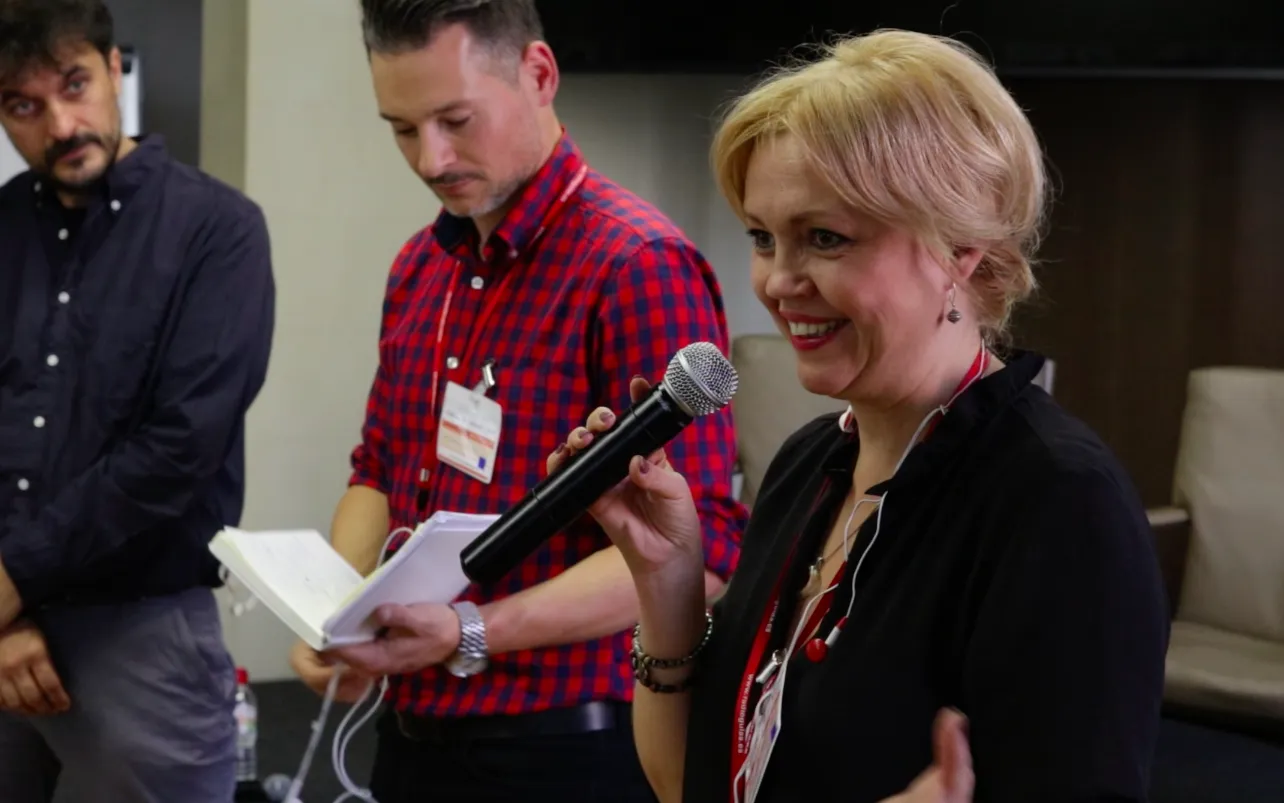
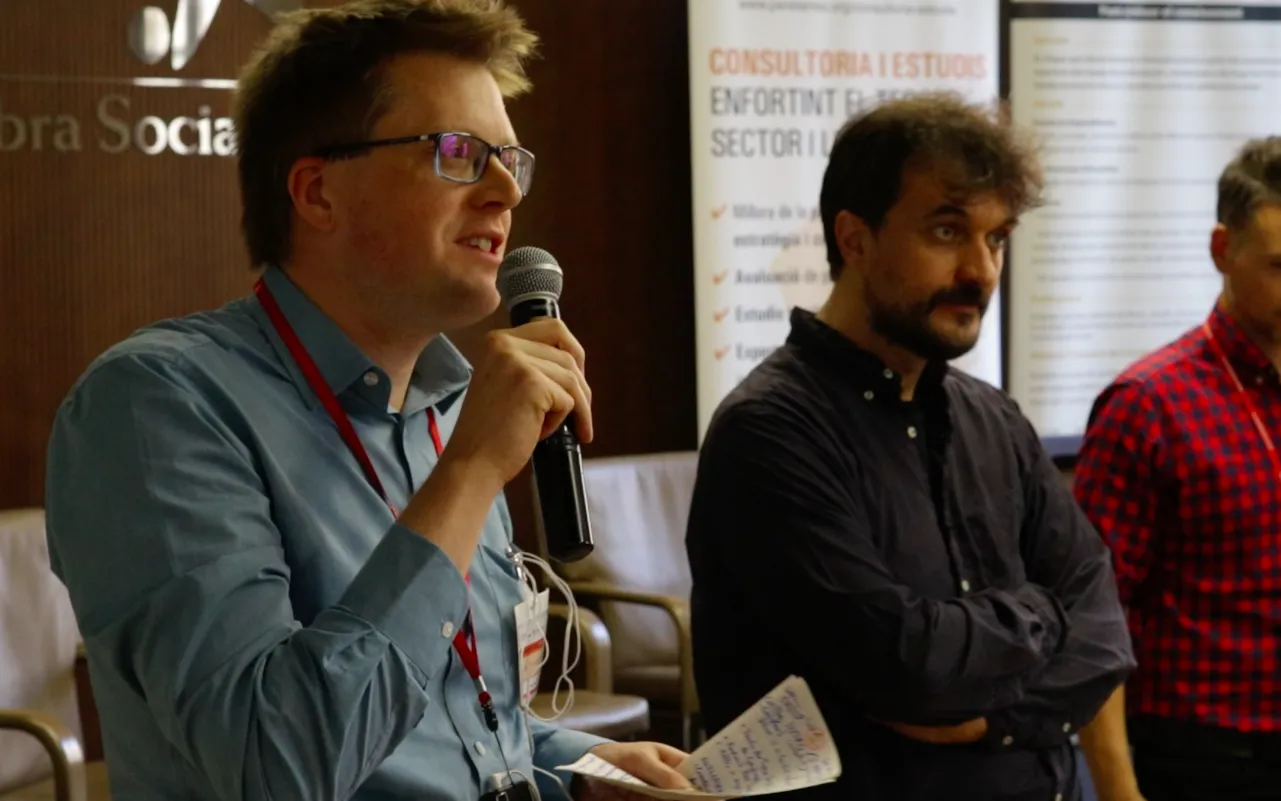
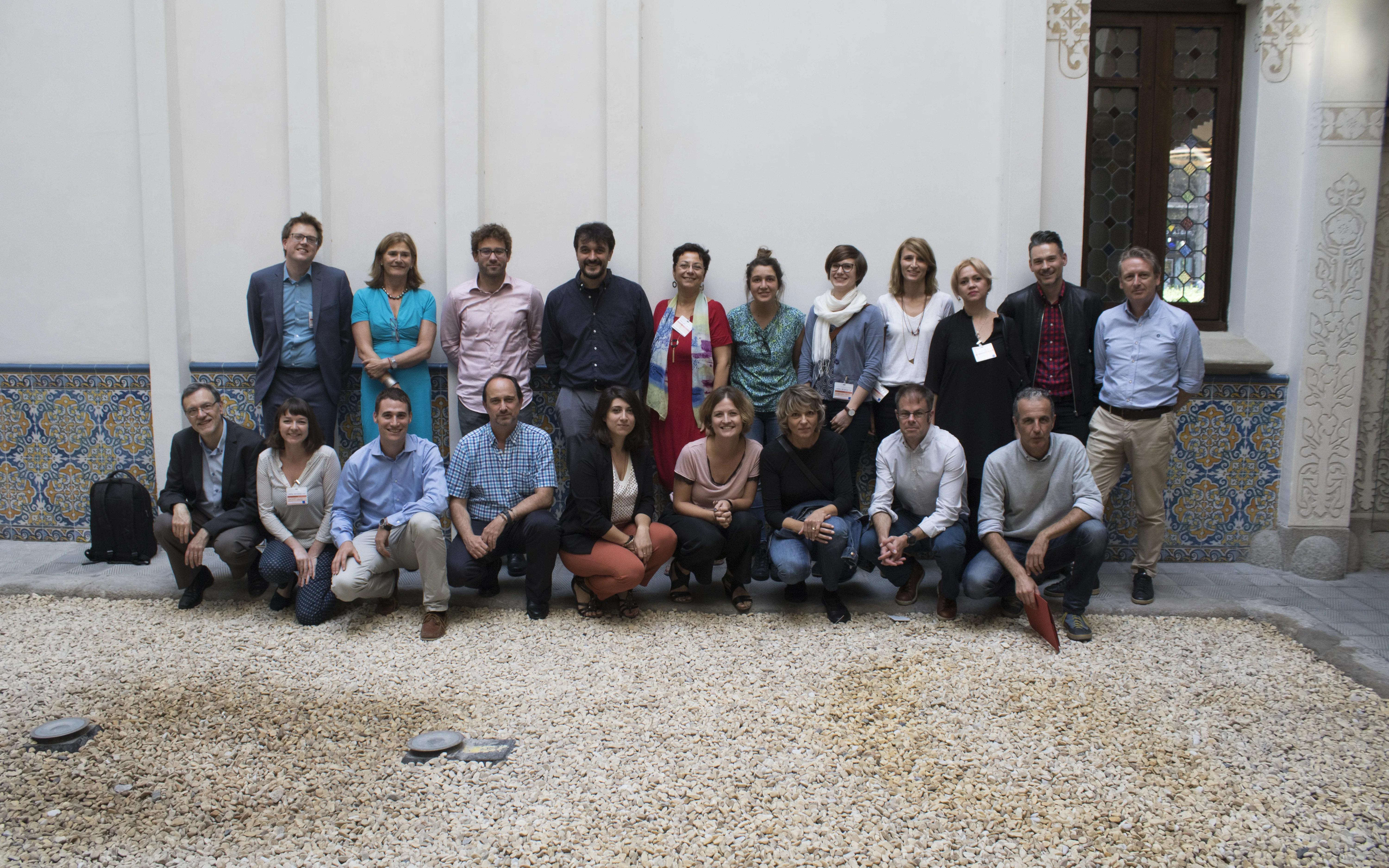
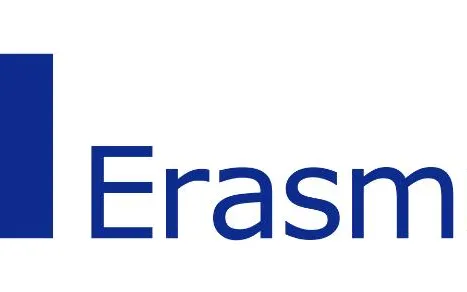
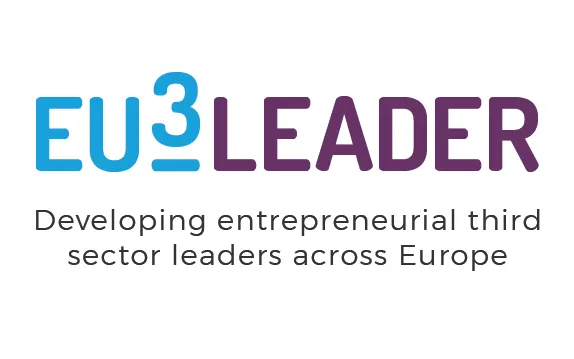


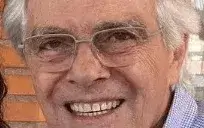
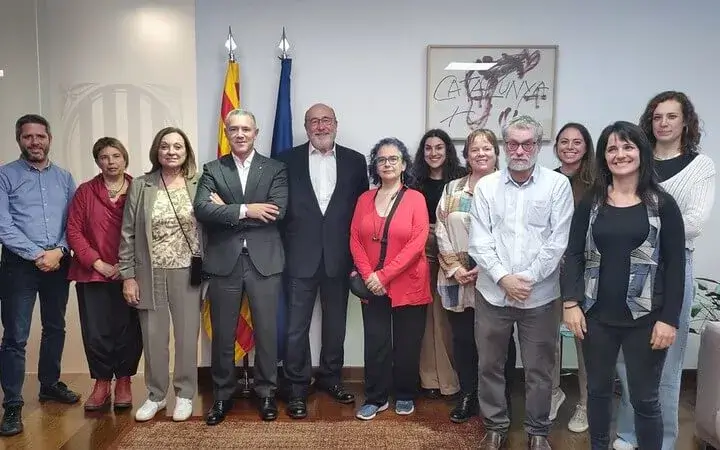


Add new comment